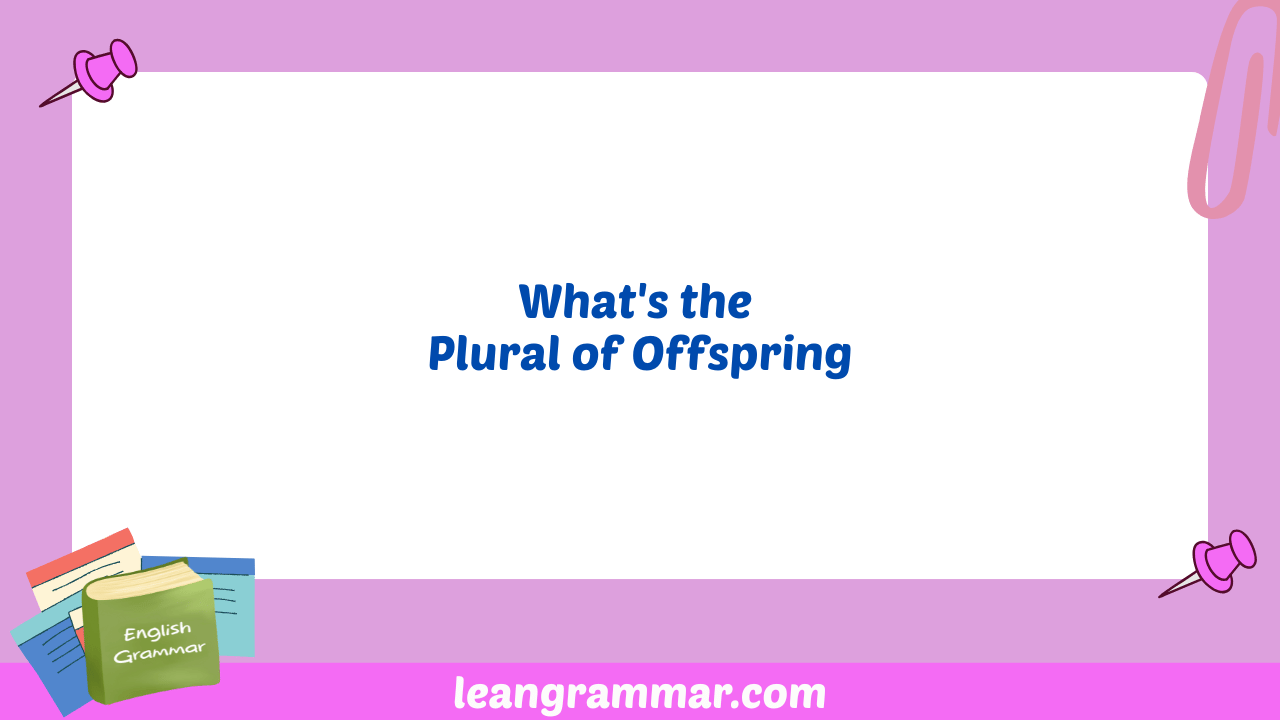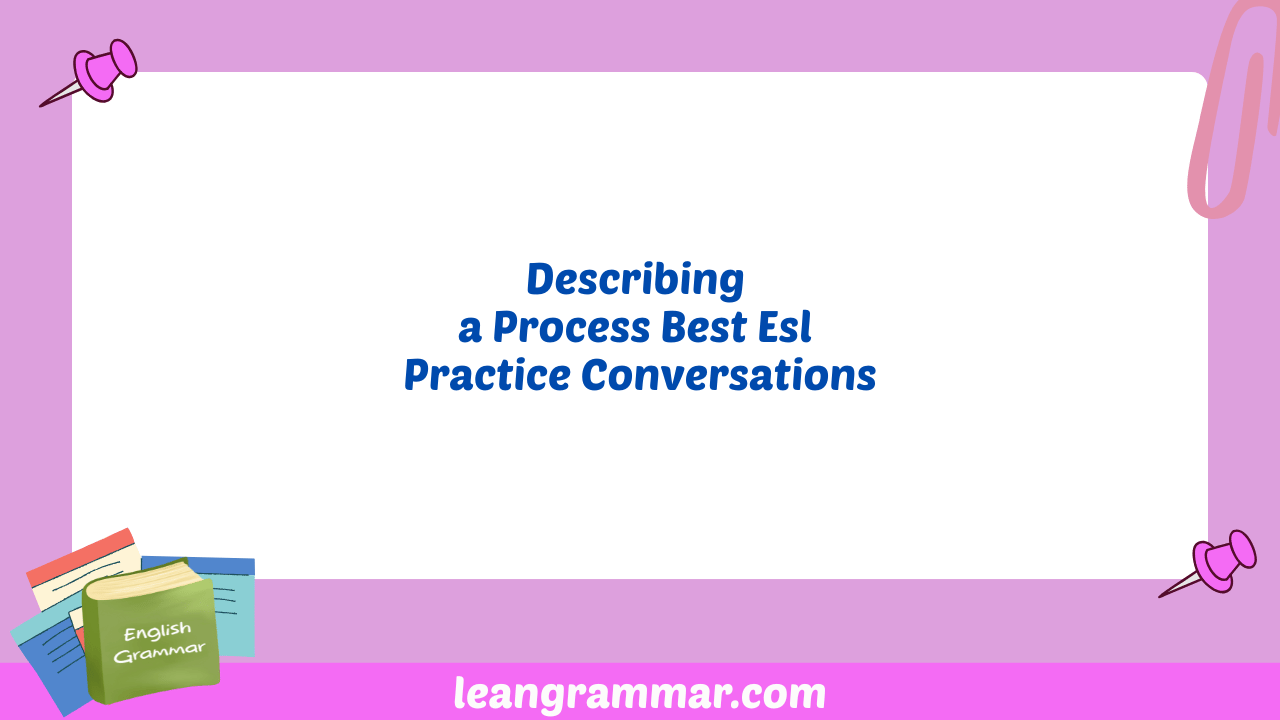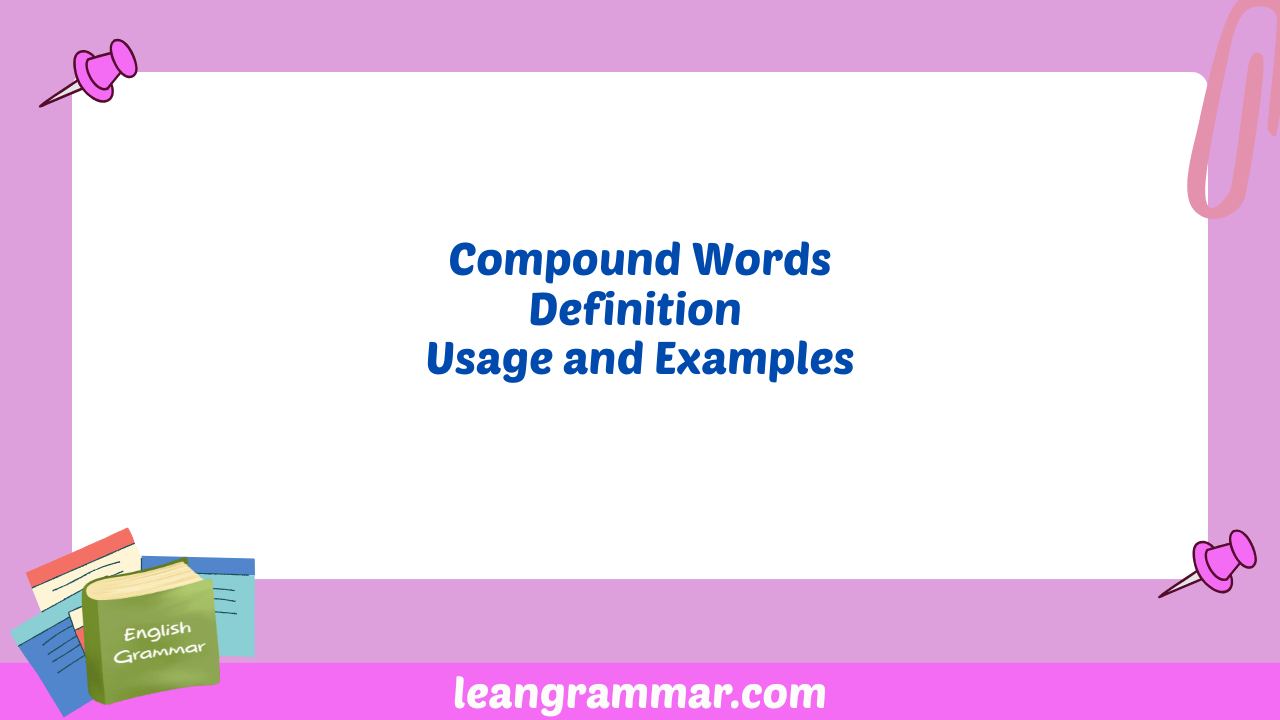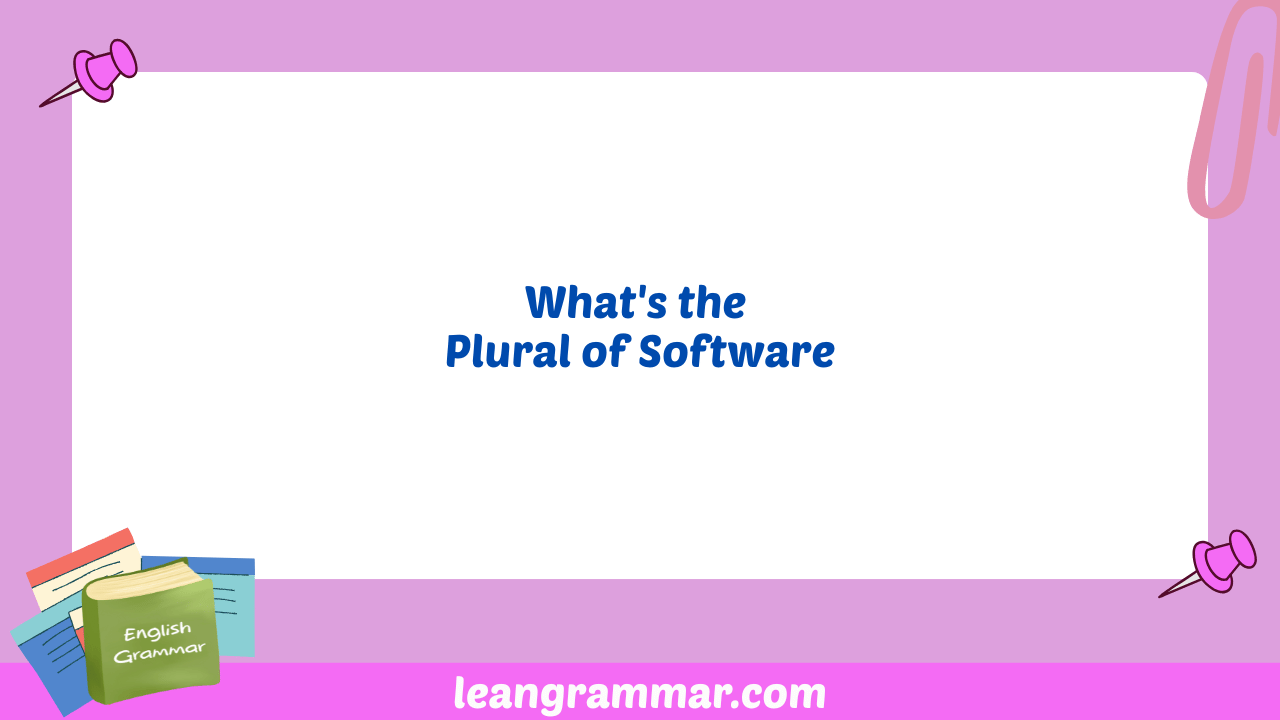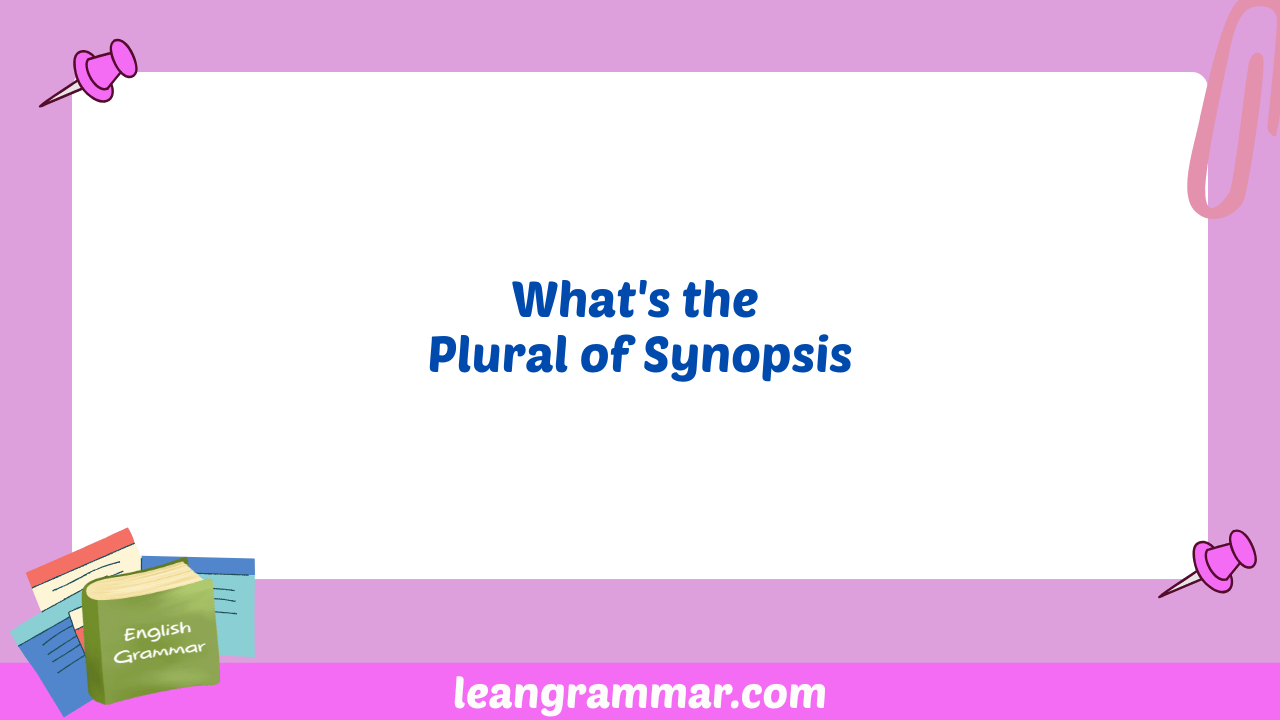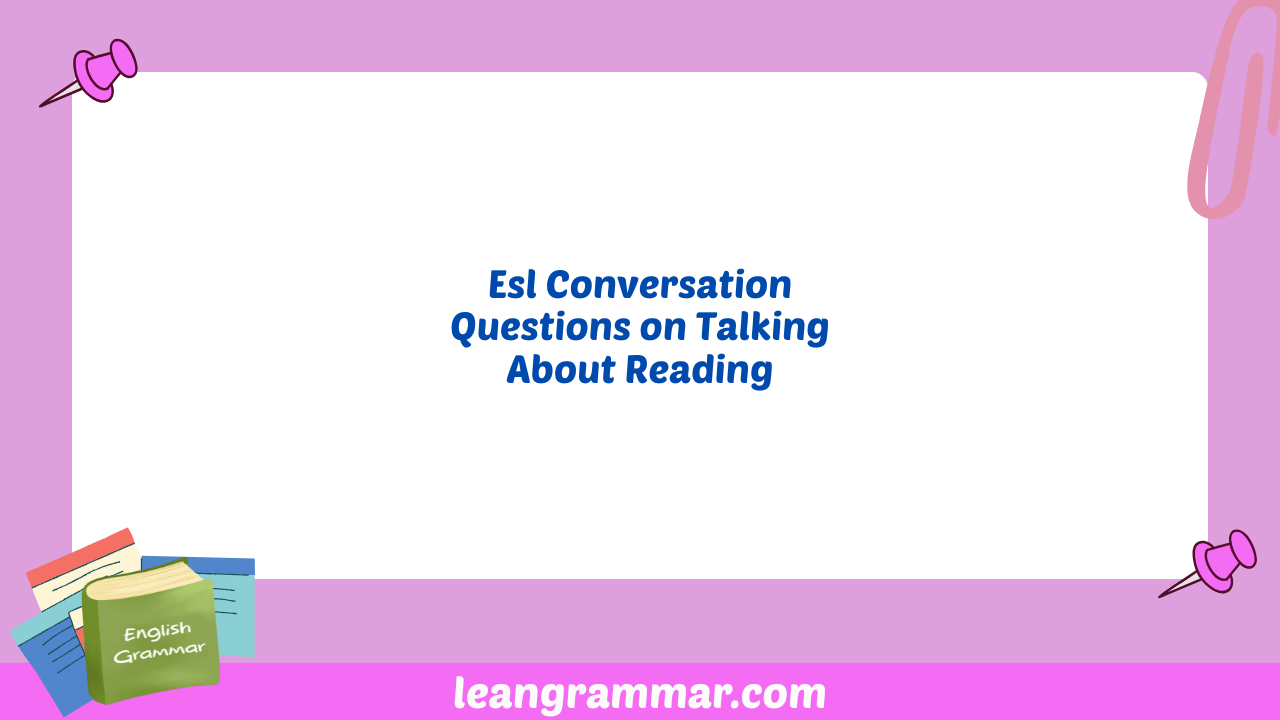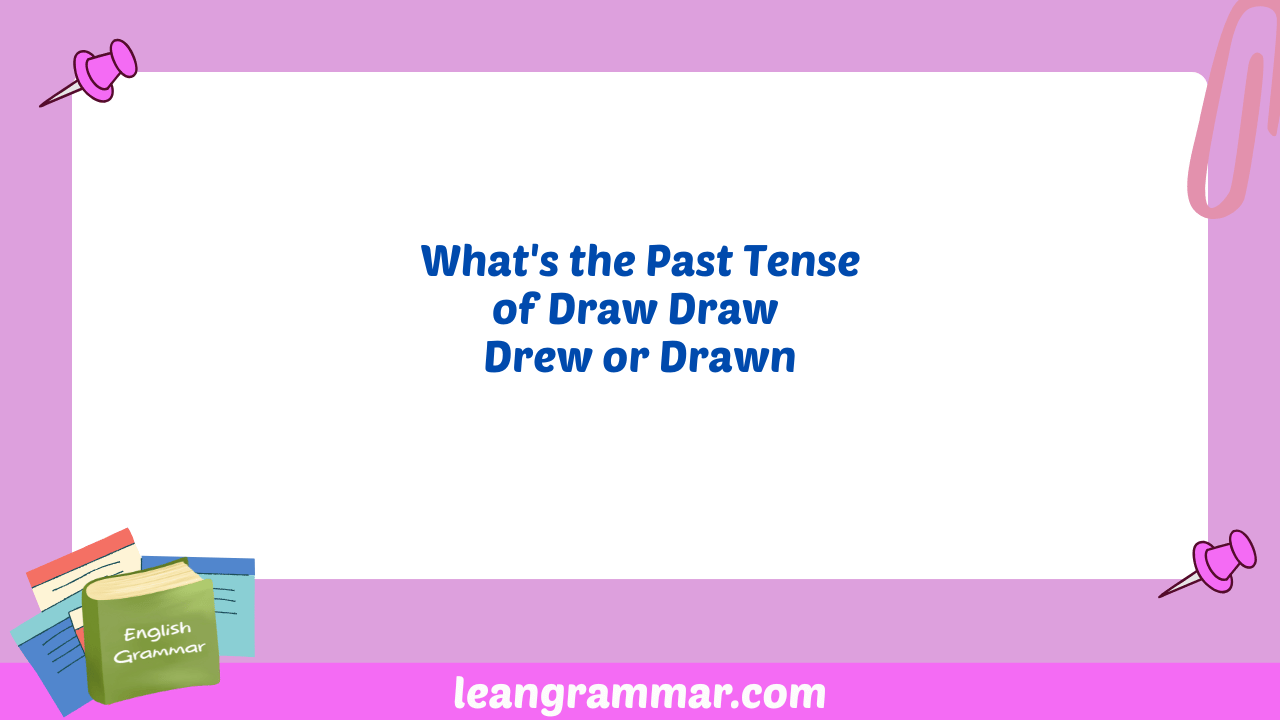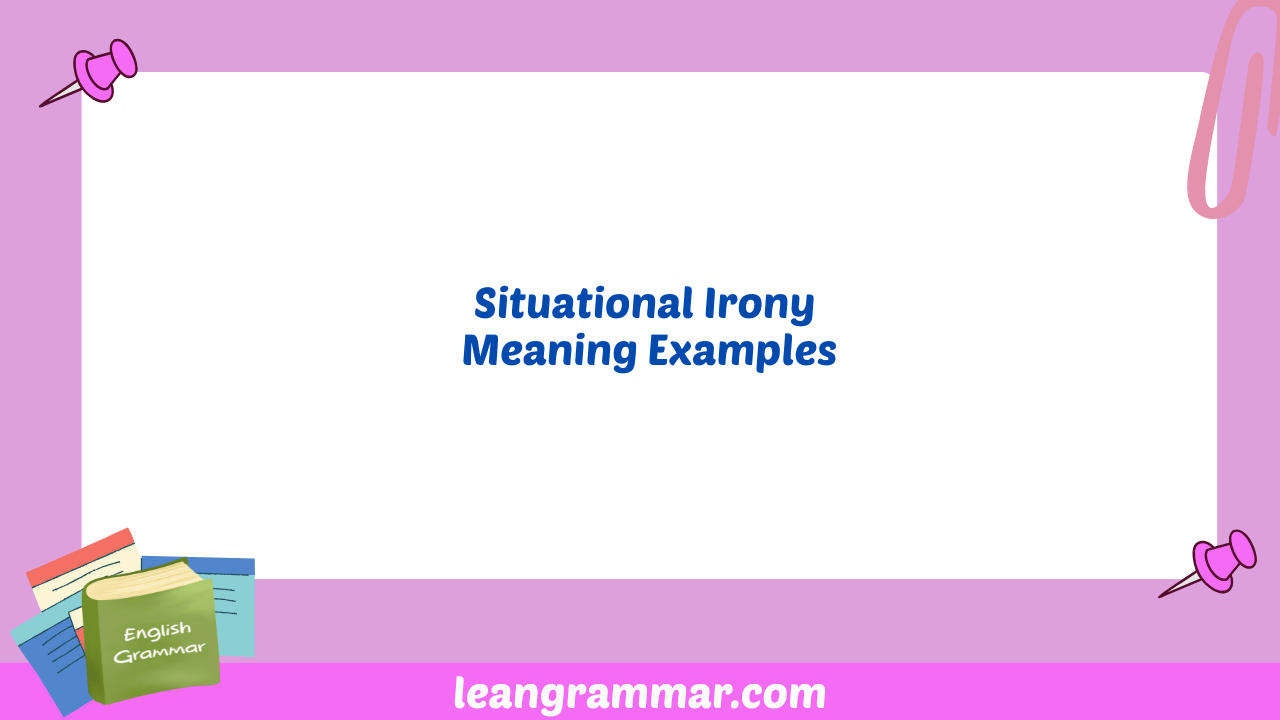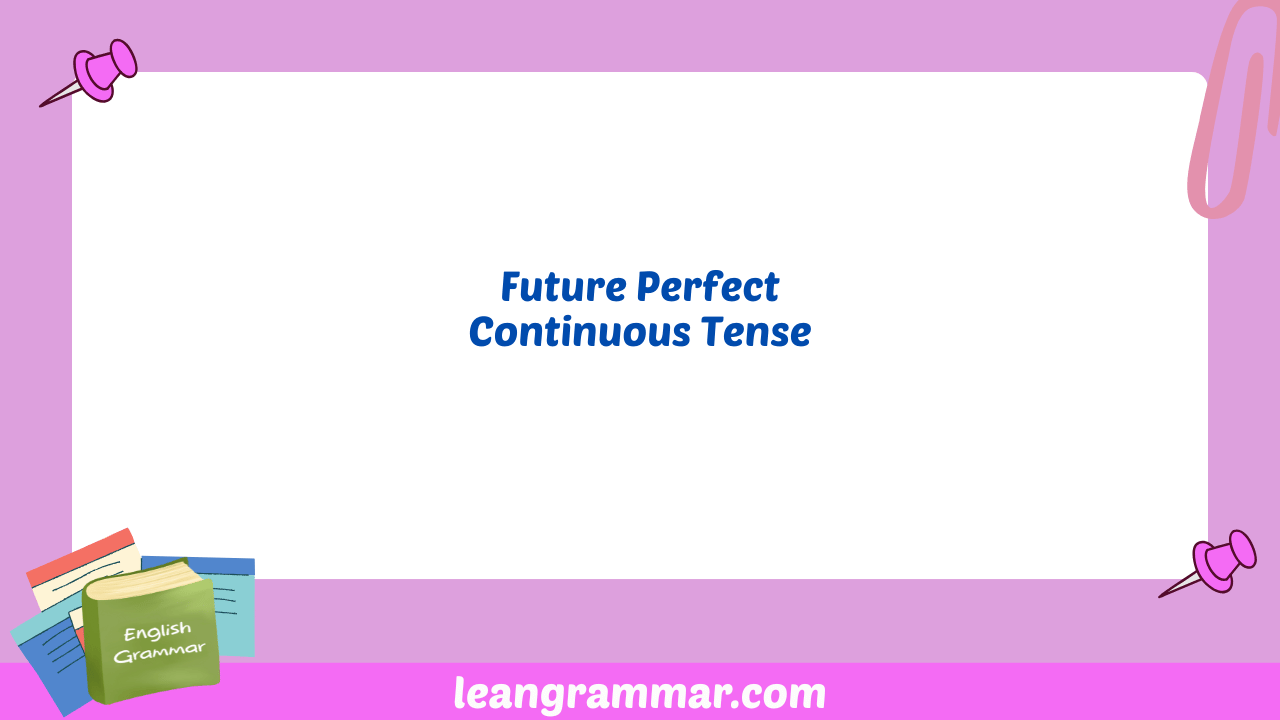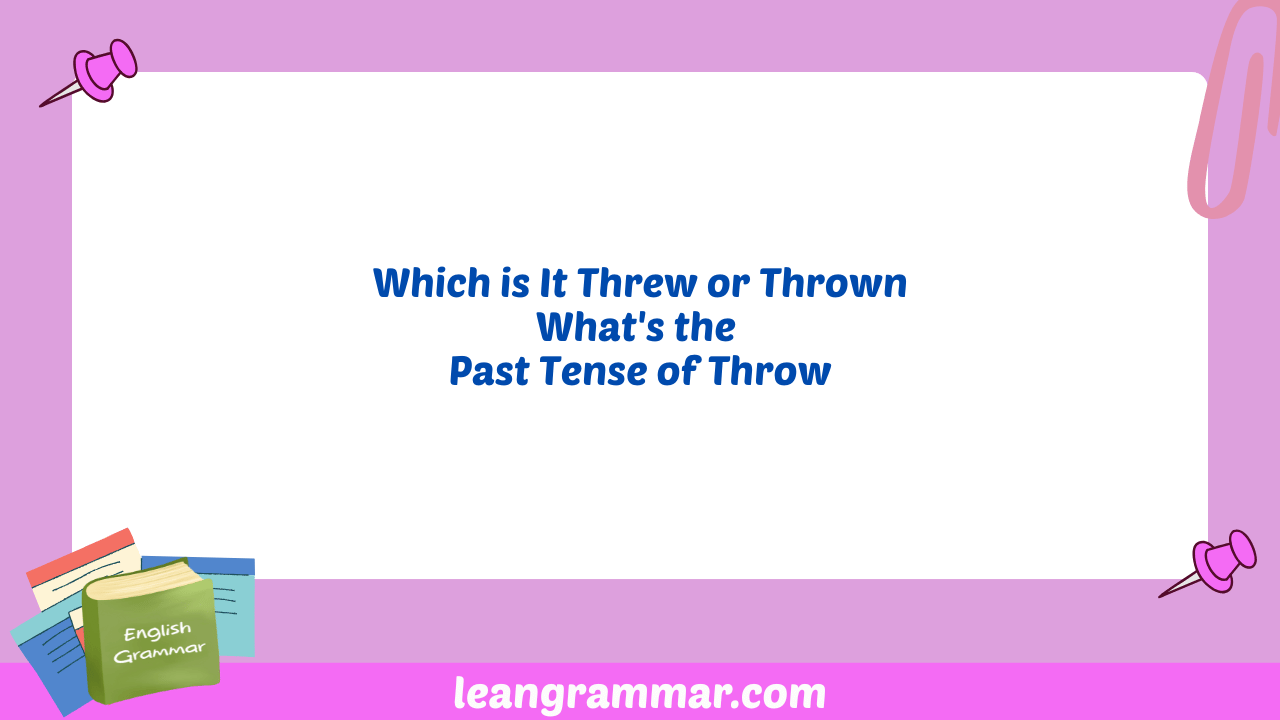Offspring: Mastering the Singular and Plural Forms
Understanding the nuances of singular and plural forms is crucial for effective communication in English. The word “offspring” presents a unique case, as it doesn’t follow typical pluralization rules. This article delves into the intricacies of “offspring,” exploring its definition, grammatical function, usage rules, and common mistakes. Whether you’re an English language learner or a … Read more
